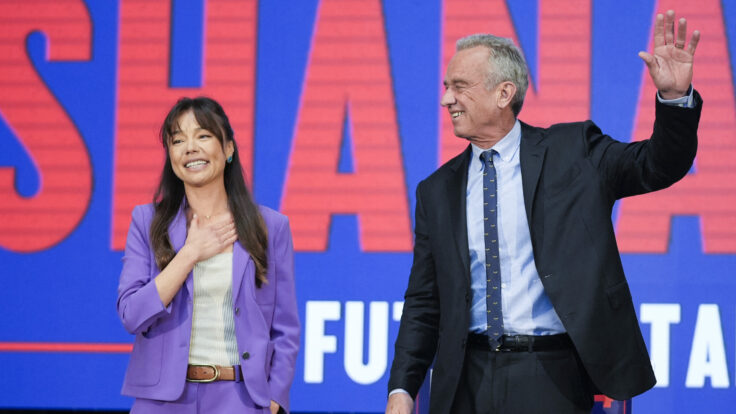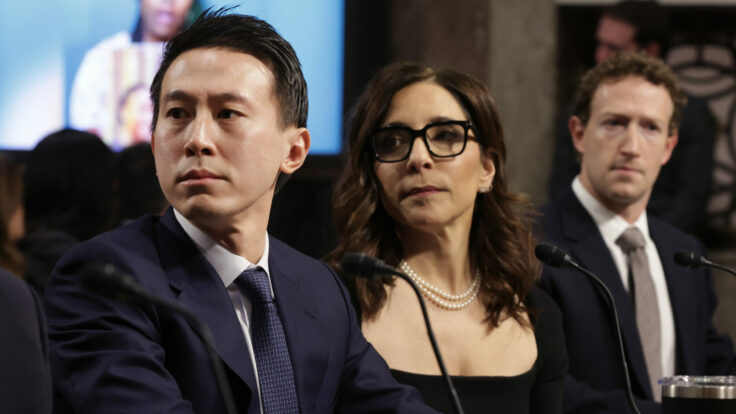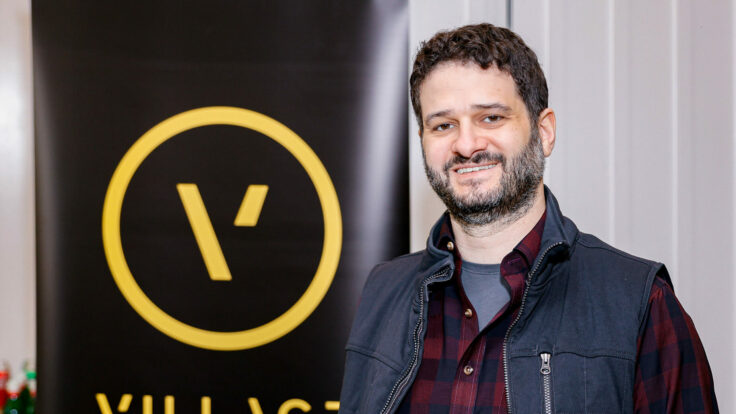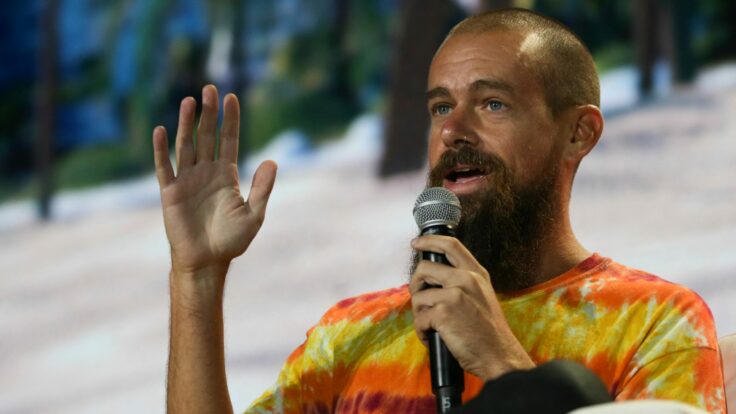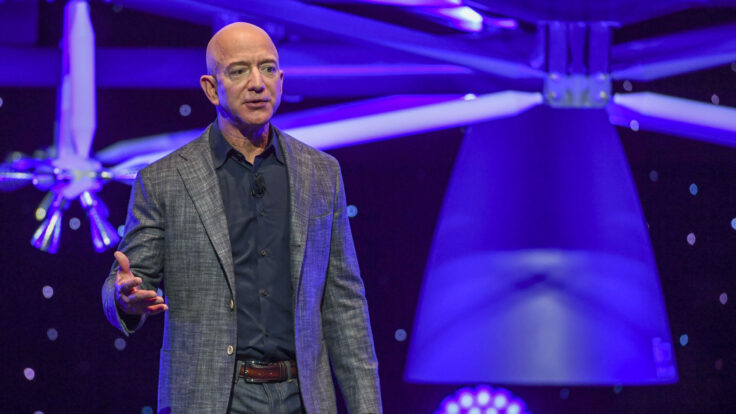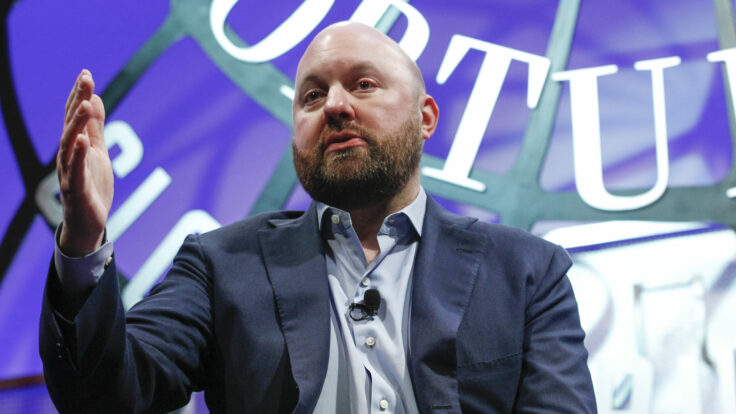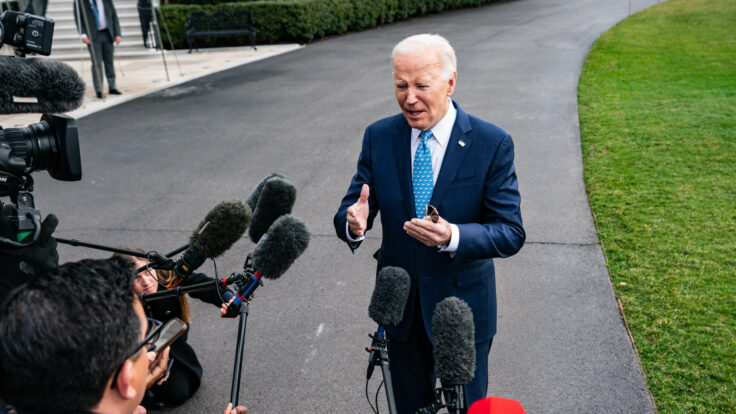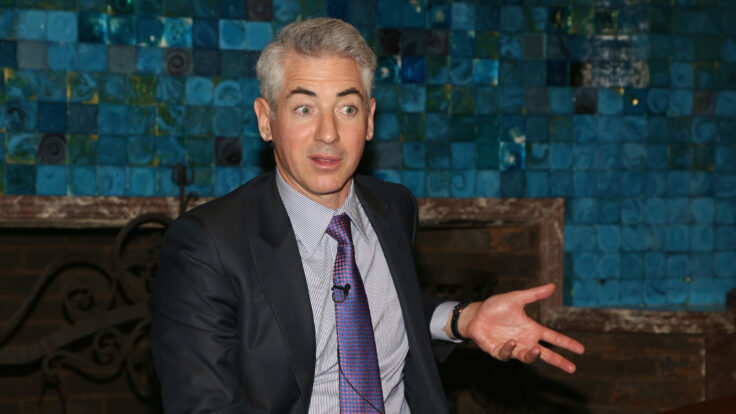Has Elon Musk finally taken a meaningful step towards justifying his still absurdly priced $44 billion acquisition of Twitter? Yes, I’m talking about rebranding the platform as X, ostensibly the foundation for creating a “super app” encompassing not just social media, but banking, too. Last year, Musk reportedly told Twitter staff that he was inspired by China’s WeChat, and wanted to transform Twitter into something similar: messaging, video, microtransactions. In other words: One app to rule them all.
For your sanity and my own, I’m going to temporarily set aside my annoyance and deep exhaustion at the latest antics of the owner, including commandeering existing account handles from active users, and take the concept of a super app idea seriously. Is such an app possible in the United States? And would it ever make it past Lina Khan’s F.T.C.?









